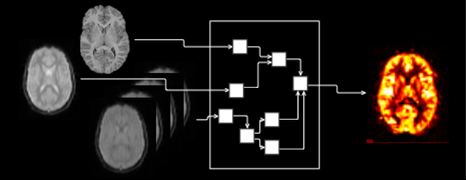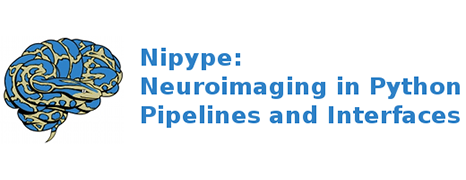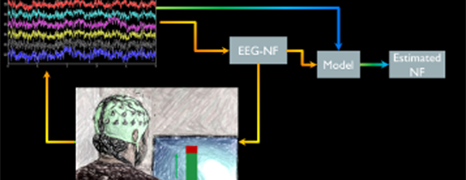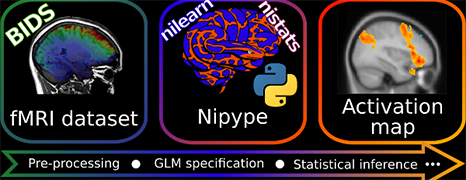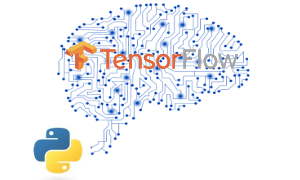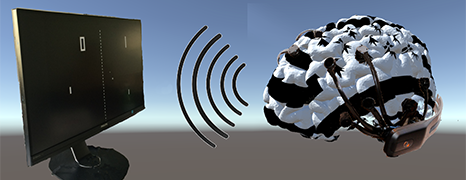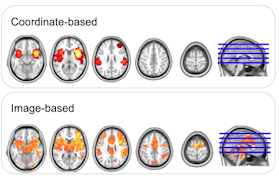The goal is to build a complete pipeline for quantifying cerebral blood flow (and possibly other perfusion maps) from ASL and M0 images using Anima, an open source software for medical image processing. The project consists in combining different stages of ASL preprocessing images using functions already available in Anima.
Contact: Julie Coloigner or Antoine Legouhy

